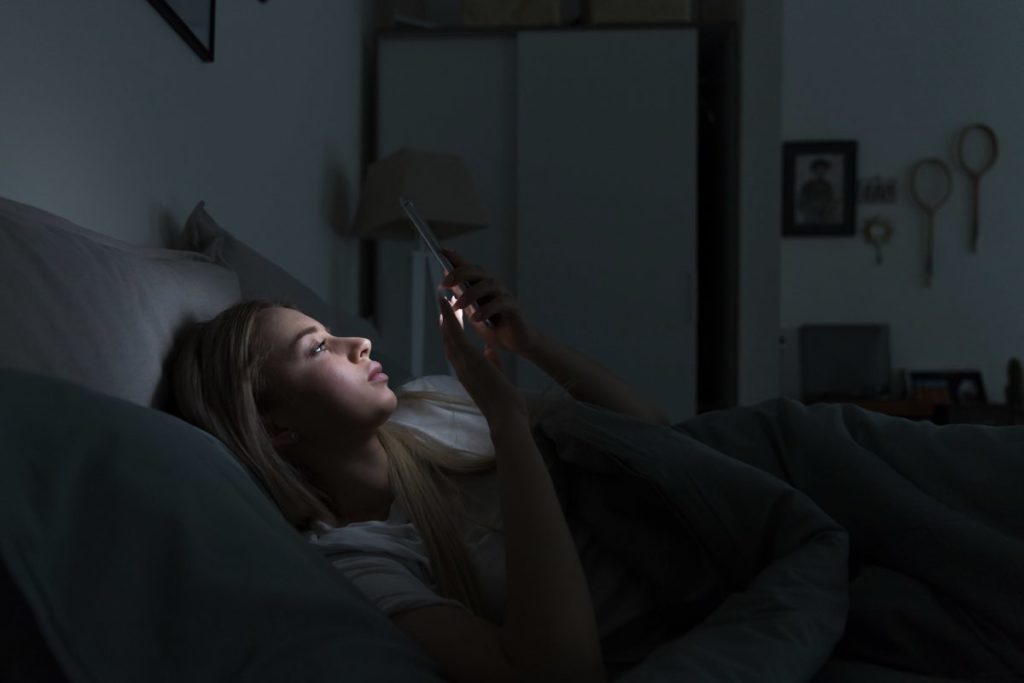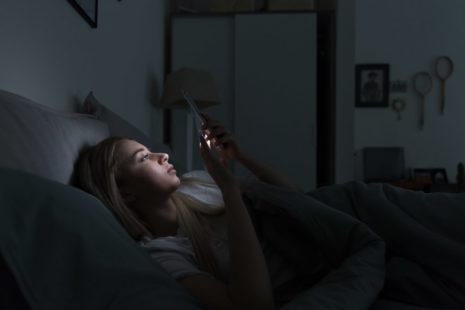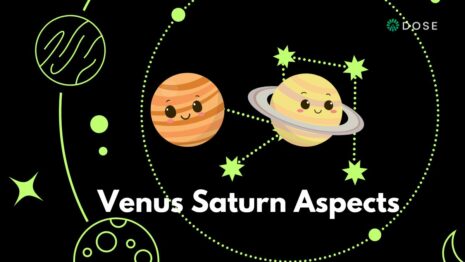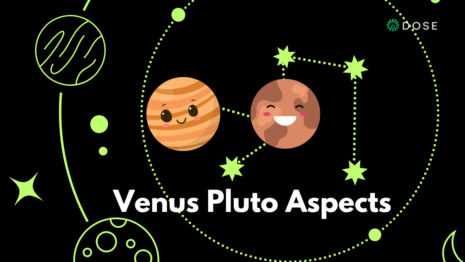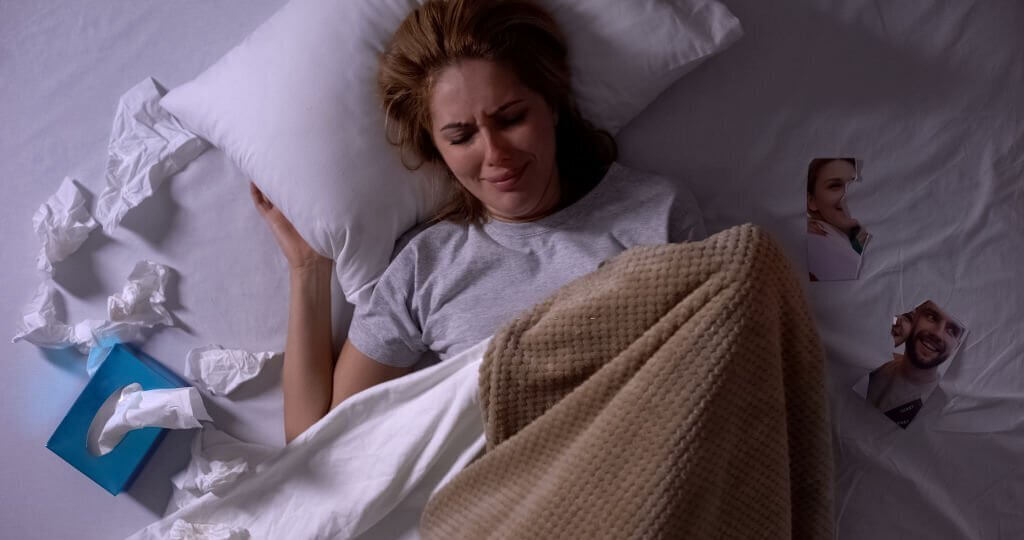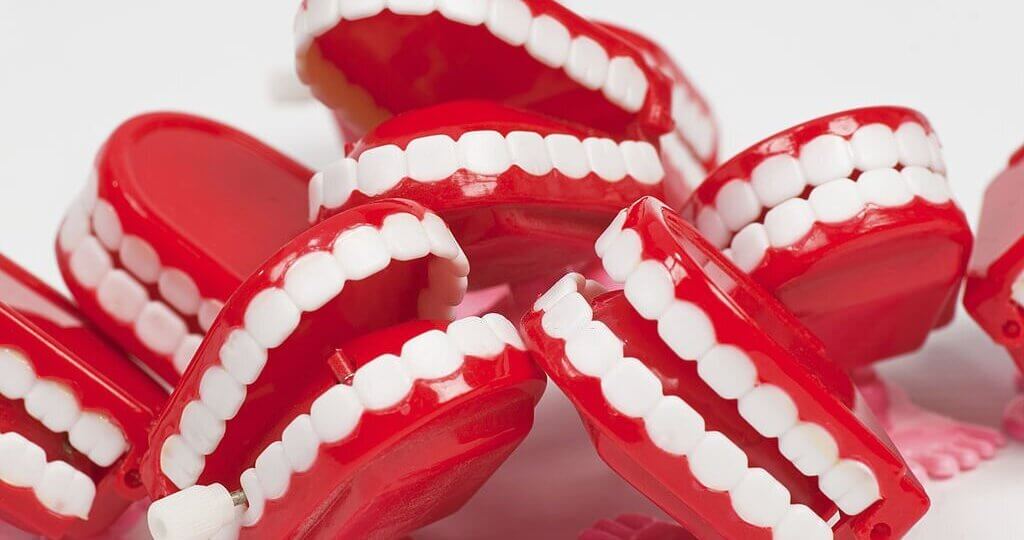Think you might be a teeny, tiny bit addicted to your smartphone? No surprise really, when it’s essentially a drug dealer in your pocket, designed to deliver dopamine reward after dopamine reward, from the vibrations to those pending message ellipsis marks. Want to learn how to unplug? Here are some tips from leading MindCoach, Natalie-Pennicotte Collier…
20 years ago, if anyone had told us that in 2018, the vast majority of us would choose to stroke a small, pocket slot machine and look at it over 200 times per day, we would have laughed and said, “No way! That won’t be me.”. But tragically our devices, instead of our loved ones, are often the first thing we look at in the morning, and the last thing we see at night.
For the past year, I have been on a mission to address digital addiction in the workplace. I have hosted workshops for the likes of Investigo and IMG to name a few, sharing insights and lifting the lid on what is really happening to our brains, behaviours and how to step out of auto pilot patterns.
It’s been invaluable and eye opening to listen to just how many of you are feeling powerless with your digital habits and wandering just how corrosive to your wellbeing this feeling of addiction really is. In fact, this year more influencers have publicly been taking time offline for mental health and getting in touch for support on how to manage InstaFame and the rollercoaster of trolling Vs. ‘likeHIGH’. On average, over 80% of you feel that your mental health is negatively influenced by the time you spend online.
Later this year, I am hosting a panel at the Mental Wealth Festival to debate who is really going to take ownership of the mental health fallout. As both a Therapist working alongside GP’s and a Performance Coach, I have seen a massive increase in GenZ clients and Influencers needing professional help.
Symptoms include insomnia, feeling overwhelmed, crippling anxiety and mental burnout as well as brain fog, eroded motivation and concentration to name a fews.
Gaming disorder has just been officially recognised by the World Health Organisation in June this year. Three telltale signs include: Impaired control over gaming, Increased priority given above all else. Gaming takes precedence over other life interests and daily activities.
The police came into an infant school to talk about online safety in Kent last week, to highlight the online dangers and and importance of E-Safety. In particular, about a game aimed for 12yrs+ that is highly addictive. Shockingly, 23 out of 30 kids aged 7 admitted to playing it at home.
And the same can be applied to App addiction in reality. According WHO: ‘Disorders due to addictive behaviours are recognisable and clinically significant syndromes associated with distress or interference with personal functions’.
Sound familiar? We must be more conscious of our digital habits behaviours if we are to stop the erosion of our mental health.
If you are one of the 80% with that lurking feeling of “How the F*ck do I survive without my i-Phone” given that is the first and last thing you automatically pick up when you wake, here are some daily meds for tech wellness to help you to disrupt your patterns, tech attention, habits and reset your powerful subconscious behaviours.
I strongly suggest out of curiosity that you pay attention and disrupt your habit loop this week.
Wake up to old skool
Challenge yourself to NOT look at your phone for the first hour of waking. Allow your natural adrenaline and energy rhythm to flow without highjacking it with FAKE NEWS or FOMO in the first moment you peel your eyes open. And of course, you could make this easy and get an analogue alarm to break your habit
Disrupt your commute
Leave your phone untouched for part of the commute. You decide if you want to be a pavement zombie cricking your neck and ignoring life around you or if you prefer to use your train or tube for wellbeing. Breath practice or micro mindfulness using your senses and checking in with yourself and best of all, taking in a new route. Switching off autopilot and engaging all of your mind.
Take an honest look at your behaviour
The average person looks at their smartphone over 200 times a day. Shocking, isn’t it? If you looked at it for 1 minute, 200 times that’s 3.3 hours, and come on, who is actually disciplined enough to look for just 1 minute?
Most of my clients admit to doing an APP Lap – that’s a round up of Insta, Twitter, LinkedIn and so on. Down the rabbit whole we go…
Bring curious awareness to your 24hr digital day with an APP. Yes, it might sound rather hypocritical but behavioural psychology research as proven as with food kcals is that most of us underestimate the actual numbers. Check out Moment and RescueTime to name a few. Don’t like what you see? Change your patterns. The apps actually encourage you to spend less time online today than you did yesterday.
Re-wire your habits
Anchor your tech usage with a performance wellbeing new habit. Each time you check your phone, you will sandwich the already strong habit with a new positive one. Each time you surf or flit your attention, challenge yourself to take three deep slow breaths, notice your breath and pat attention to the tension in your face. Set a reminder to pause every 90 minutes. These small, conscious habits quickly become ingrained in your subconscious mind.
Engage the primer
I am a big fan of Professor Paul Dolan. I use him in my work to help others learn how to harness the power of the subconscious mind. Here is an everyday evidence based tool from his research department at LSE .
Meet the word Primer. Change your password each week to describe your new habit. For example I might suggest ‘More time offline that yesterday, i’m getting hooked’, and it loads into your habit loop, into your subconscious server and soon enough becomes your truth and your new behaviour.
Fact: Mindfulness is not energy begetting its energy getting. It helps you take control of your here and now, your autopilot and helps you manage your precious wellbeing.
Do it for the “tech neck”
Yes, really, another double whammy for your hours spent scrolling is the impact on your . Check out your posture each time you go online.
Keep a journal about your day
The power of the pen and daily conscious actual writing has been proven to support your emotional wellbeing . At the very least enabling you to see the pattern. Think, is all of your technology use helping you truly connect with others? You be the judge BUT also be the change. As Brené Brown says: “Connection is the energy that exists when we feel truly seen, hear and valued; when we can give and receive without judgement”. You decide who brings you joy online.
Finally, there is no shame in tech addiction or surf suffering
Share your story, tell someone and seriously have an honest disrupt and see for yourself how you feel. If it feels like addiction seek help and support.
Curious for more? Read ‘The Power of Habit: Why we do what we do and HOW to change’ by Charles Duhigg, Absolutely Fascinating solid research and the science study of habits.
Natalie is a game changing Therapist and Mindcoach, specialising in supporting addictions, insomnia & anxiety in her London Clinic & the workplace. Aside from her work with GB athletes, Natalie is a thought leader in Mindful Wellbeing, bringing evidence based Modern Mindfulness to this generation with her CalmerRama brand Natalie’s expertise can be found at Mind Tonic Therapy Natalie’s website can be found at Mind Tonic Therapy.
Related Posts:
- Natural Tips to Release/Boost Dopamine Instantly
- How To Increase Dopamine: The 'Motivation Molecule'
- What Is Dopamine Fasting And How Can It Make Us Happier?
- Dopamine Rich Comfort Foods To Boost Your Mood - We…
- 222 Angel Number: Meaning, Numerology, Significance,…
- The obsessive need to post selfies is a genuine…
